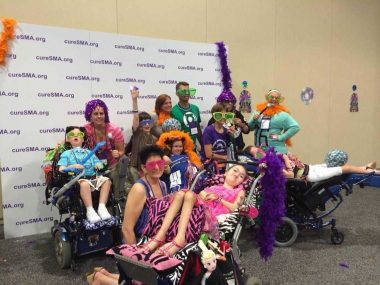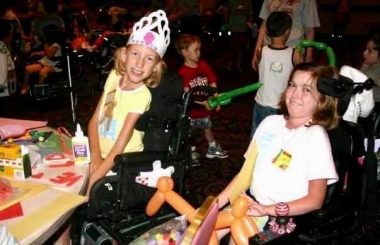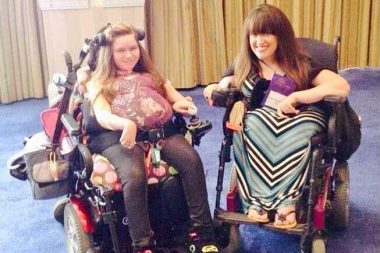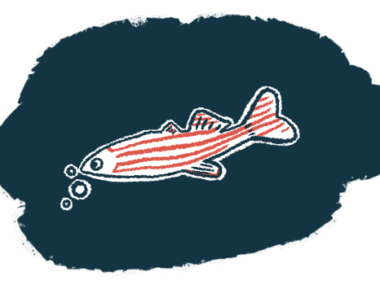The Evolution of Adult Programs at the Cure SMA Conference
Written by |

For many years, the annual Cure SMA Conference has been bringing the SMA community together to learn and to connect. Throughout its history, the conference has traveled to a variety of locations across the U.S., hosted countless seminars and socials, navigated new virtual platforms, and provided much joy for attendees. It’s grown tremendously and evolved to meet the needs and desires of its participants.
During this year’s virtual conference, held in early June, several people talked about exciting growth in one specific area of the conference: the adult programs.
While chatting with other adults from around the globe during a social event, I learned that only two adults with SMA attended the very first conference. The most likely reason for this low number is quite tragic. SMA is the leading genetic cause of death in infants worldwide, so without the medical advancements, interventions, and treatment options available today, most couldn’t live to adulthood.

Halsey attends a Cure SMA Conference dance party with family members and friends in Washington, D.C., in 2014. (Courtesy of Halsey Blocher)
While there were always more than two adults present during my childhood conference adventures, there still weren’t many. Seminars about adults primarily focused on end-of-life care, palliative care, and estate planning, and there was minimal discussion about college preparation, career planning, community engagement, or day-to-day life. The adults who came often served as role models to my generation. Like many others, I still lean on the wisdom and lessons of the SMA adults I met as a child.
Now an overwhelming number of adults attend each conference. Hundreds of us come from around the world. Some have never attended before, and others are “old-timers” who have attended for many years.
When the conference began, there was little need to cater to SMA adults, but thankfully, that is no longer the case. With several treatments available and medical technology soaring to new heights, more and more people with SMA are living to and through adulthood. And as our numbers continually grow, Cure SMA grows alongside us, making sure there’s always a place for us.

Halsey, right, and her friend, Ashley Bruner, have fun at a craft table during a previous conference in Cincinnati, Ohio. (Courtesy of Halsey Blocher)
Cure SMA’s support doesn’t stop when the conference ends, either. They strive to engage with the adult community and help us stay connected year-round. Currently, some of the most popular activities include evening socials and trivia nights on Zoom. Informational webinars and thoughtfully curated support packages also are fantastic resources.
If you attend a Cure SMA Conference, you’ll now find a thriving adult community. You can find us listening to presentations that discuss topics related to all aspects of being an adult with SMA. You might notice us playing with the kids who giddily zip through the hallways in their wheelchairs at alarming speeds while their parents watch from a distance, just as it was when we were that age. You’ll probably encounter us exploring the city or roaming through Disney parks (not only is it the happiest place on earth, but also one of the most accessible places). You’ll see us mingling at socials and hanging out in the adults’ lounge area.
Planning a conference that appeals to everyone in the SMA community — researchers, clinicians, caregivers, families, siblings, friends, adults, and children — can’t be an easy task, but Cure SMA has risen to that challenge and met it head on. I’m grateful that they recognize the need to expand and adapt their programs to better include SMA adults and that they’re keeping us in mind as they develop new programs.

From left, Halsey and one of her SMA role models, Angela Wrigglesworth-Titcombe in 2014. (Courtesy of Halsey Blocher)
***
Note: SMA News Today is strictly a news and information website about the disease. It does not provide medical advice, diagnosis, or treatment. This content is not intended to be a substitute for professional medical advice, diagnosis, or treatment. Always seek the advice of your physician or other qualified health provider with any questions you may have regarding a medical condition. Never disregard professional medical advice or delay in seeking it because of something you have read on this website. The opinions expressed in this column are not those of SMA News Today, or its parent company, Bionews, and are intended to spark discussion about issues pertaining to spinal muscular atrophy.




Leave a comment
Fill in the required fields to post. Your email address will not be published.